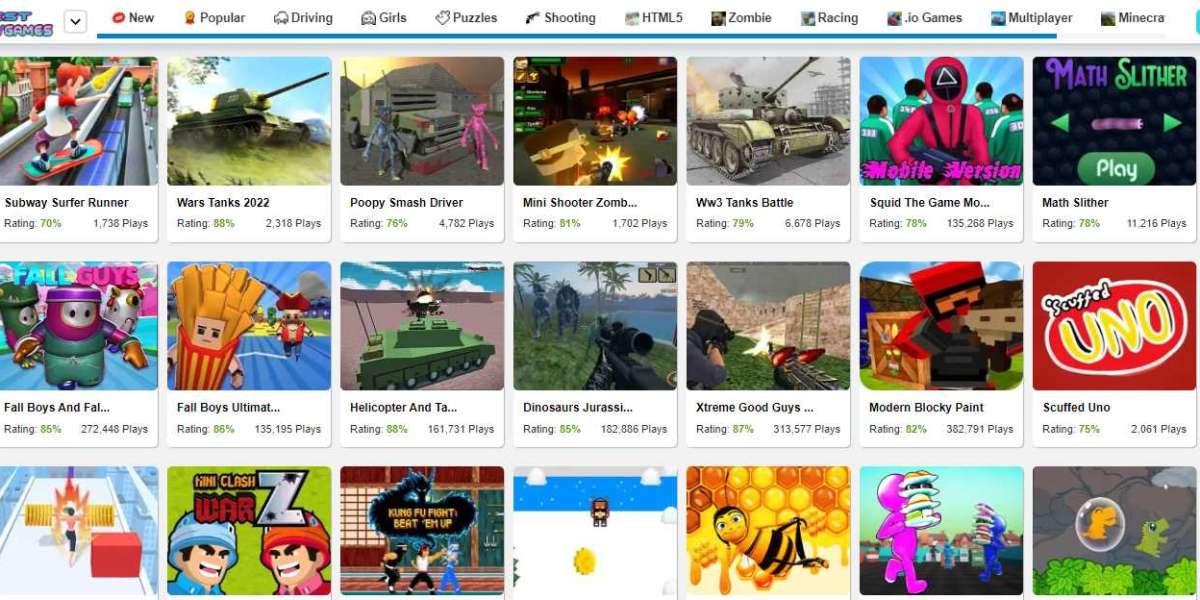Choosing a career path is one of the most important decisions you’ll ever make—but how do you decide what is right for you? You may take a career path that uses the skills you have or the education you’ve gotten. You may even choose a career based on what you think you “should” do—because of what your parents or teachers have told you is right for you. But you may not know that you are naturally more suited for some careers than for others. Why? Each of us has an individual personality type that affects how much we’ll like a job.
Think, for instance, about a carpenter versus a counselor. A carpenter works with concrete objects, according to specified procedures, and has a tangible result. A counselor works with people and their feelings; she has to judge success and the results of her work based on abstract concepts. Which of these sounds more appealing to you? Do you have a strong preference for one or the other?
Now, imagine if you had to make your less-preferred choice your career, and you will get an idea of the impact that your personality has on your job satisfaction. There is quite a bit of variation in how people think and process information, what they see as important, and how they make decisions. All of this variation can affect how happy or unhappy someone is in a work environment. Each one of us has different criteria for what a great job is, and to find your own perfect career, it is crucial to identify what is important to you.
The first step is to figure out your personality type. The most common personality test used for career counseling is called the Myers-Briggs Type Indicator. This personality test measures four facets of personality:
• Extroverted/Introverted—Do you get your energy from being with people, or being alone?
• Sensing/Intuition—Do you see what’s actual, or what’s possible?
• Thinking/Feeling—Do you make decisions with your head or your heart?
• Judging/Perceiving—Do you like to make decisions, or keep your options open?
There are many ways to find out what your personality type is. Some people prefer to read about the types and choose what seems to fit best. There are also free quizzes on the internet based on the principles of the Myers-Briggs that can give you an idea of where you may fit.
However, if you are serious about finding out what type you are, the most reliable and accurate method is to take the official Myers-Briggs Type Indicator. This is a scientifically validated instrument that will identify where you fall in each of the categories. This assessment can only be administered by someone trained in its application, and must include a consultation with a trained coach or consultant according to its licensing guidelines. You can take the personality tests through a career counselor in your area, or online. If you take it online, you will typically get the results the same day, and you can usually request a special report that will go into detail about what is important to look for in a career.
Once you have figured out your personality type, you will want to look at the careers you are considering and evaluate whether they fit what’s important to you. Some questions to ask yourself:
• How much time will I spend interacting with people? Will it be too much/too little?
• To what extent will I be expected to follow standard procedures? Will I feel restricted by too much structure? Will I feel frustrated by too little?
• Will this job require me to use logic and reason things out? Will it require me to use compassion and consider how decisions will make people feel? Am I comfortable with the extent to which I will have to act based on thinking or feeling?
• How much latitude will this job give me to make my own schedule? Is it too little? Too much?
It’s important to be realistic about what a job entails, and to ask as many questions as possible about prospective jobs so that you can evaluate how well they’ll fit you. As you learn more about yourself, you will become more able to judge which jobs will bring you satisfaction.








